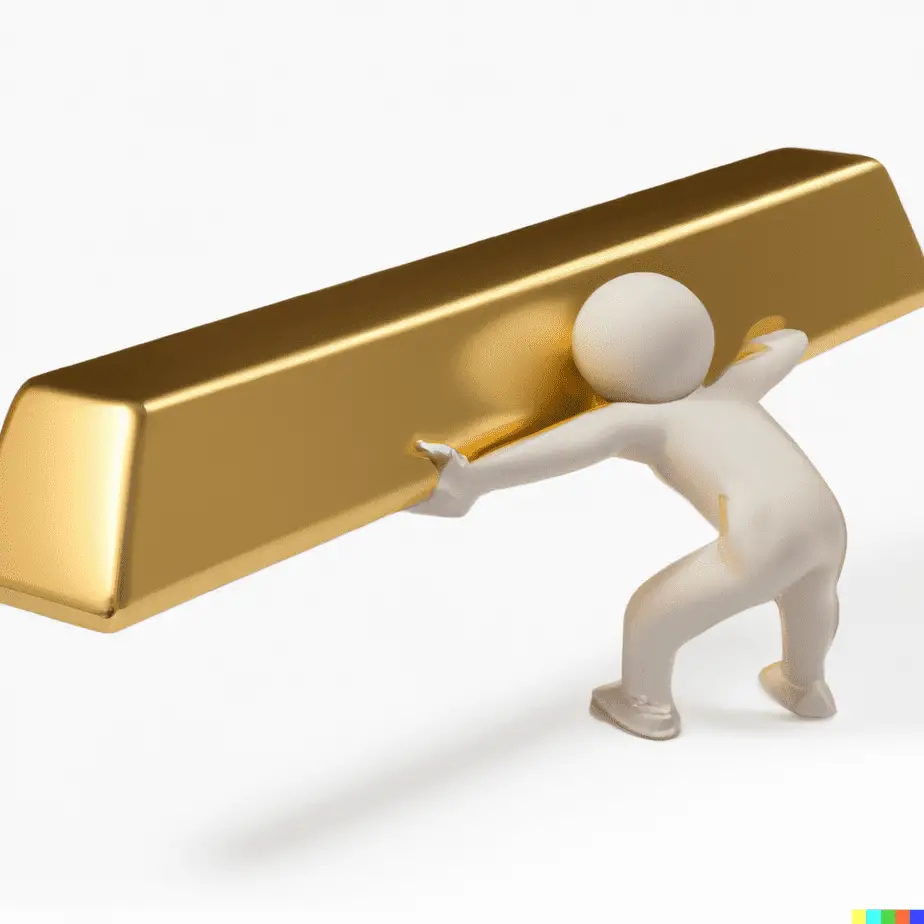The mercantilist economic system was a popular form of economics that focused on the export of goods and services as well as acquiring precious metals, such as gold and silver. This system emerged in the 16th century in Europe, particularly in England, France, and Holland. It was based on the idea that countries would increase their wealth if they exported more than they imported. Governments would manipulate their economies to increase exports and minimize imports to achieve this.
What is Mercantilism?
Mercantilism was an economic theory and policy that emerged in Europe in the 16th century and prevailed until the 18th century. Mercantilism is based on the belief that a country’s wealth and power are measured by its accumulation of gold and silver through trade and that governments should actively promote exports and limit imports to achieve a positive trade balance.
Under mercantilism, governments used various methods such as tariffs, subsidies, and trade regulations to promote domestic industries, protect them from foreign competition, and encourage exports. They also sought to establish colonies as sources of raw materials and markets for manufactured goods.

Mercantilism characteristics
- The belief that a country’s wealth and power were measured by its accumulation of gold and silver through trade
- The promotion of exports and limitation of imports to achieve a positive balance of trade
- Governments actively intervened in the economy to promote domestic industries and protect them from foreign competition.
- Establishment of colonies as sources of raw materials and markets for manufactured goods
- Use of various methods such as tariffs, subsidies, and trade regulations to promote domestic industries and protect them from foreign competition
- Encouragement of the development of domestic manufacturing and the acquisition of new technologies
- The accumulation of precious metals and favorable trade balance were essential to national security and economic success.
- The emphasis on government control of economic activity and rejection of laissez-faire economics.
Although some economists criticized mercantilism for being too focused on the accumulation of wealth and for promoting protectionism, it played a significant role in developing international trade and the growth of many European economies during the early modern period.
These nations would also try to accumulate large amounts of gold and silver to gain an even more significant advantage over other countries. This was thought to be helpful for two reasons: firstly, it made money easier to control by using it as a form of currency; secondly, it increased national prestige due to its value when compared with other forms of currency or commodities.
To help ensure that exports were favored over imports, mercantilists believed in high tariffs or taxes on foreign goods being imported into their country. They also sought out monopolies which allowed them to have a single seller for specific goods or services within their country. Such trusts permitted them to keep prices higher than the market rate to make more enormous profits from their exports.
In addition to tariffs and monopolies, mercantilists encouraged companies within their country to invest overseas rather than domestically. This was done so that a company’s profits could not just be spent in the domestic economy but instead had some return back home as well. Furthermore, by investing abroad, companies could often find cheaper sources of materials needed for production, giving them an edge over competitors.
In addition to these economic policies, mercantilism also hadsolid politicald implications during its heyday in Europe between the 16th and 18th centuries. Mercantilists believed that military strength was closely linked with economic power; thus, they were keen advocates of colonization, which served both purposes: acquisition of new lands and access to raw materials and trade routes, which could further improve commercial opportunities at home.
By the 19th century, mercantilism had begun falling out of favor due to changes in international trade regulations. However, many aspects, such as aggressive taxation policies, remain today in much milder forms as global trade has increasingly regulated by supra-national bodies like the World Trade Organization (WTO). Nevertheless, it y elements of this system remain an integral part of modern economic systems throughout the world today, whether it’s through tariffs imposed by governments on imports or through overseas investments made by companies looking for ever cheaper sources of materials needed for production or some other purpose related with commerce.
If you like bills and coins, you should learn more about Gold and Silver IRAs. You can protect your retirement fund if you invest in IRA precious metals. Investors with gold IRAs can hold physical metals such as bullion or coins. Get a free pdf about Gold IRA.
GET GOLD IRA GUIDE
If you do not want to own them in physical form precious metals, you can trade gold, silver, and metals as CFD with the minimum commission:
























